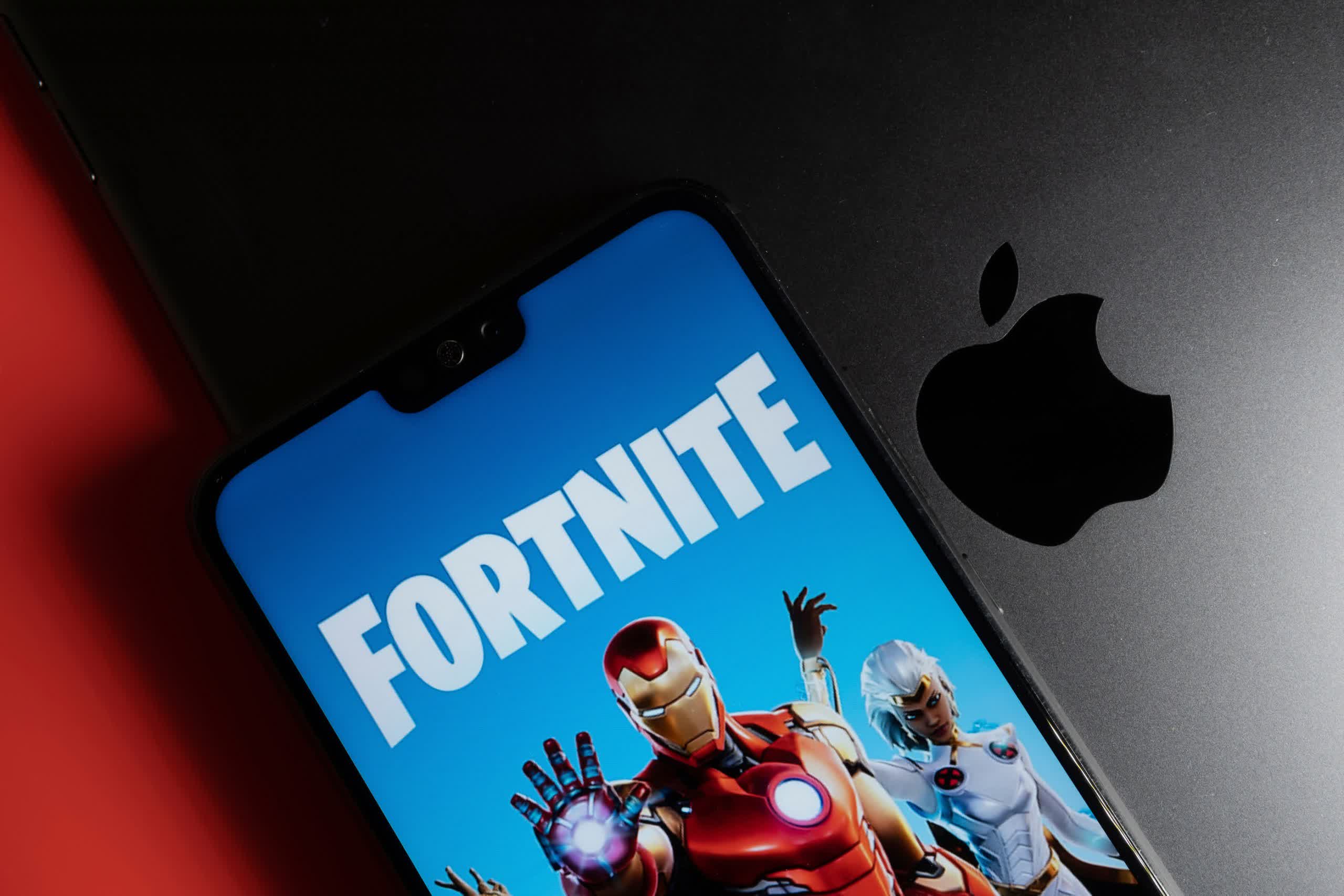What just happened? In separate filings on Wednesday, Epic Games and Apple presented their arguments in their legal fight over the "App Store Tax." The two have been presenting motions and filing documents and rebuttals since Epic initiated its lawsuit last year.

We know the gist of the matter is that Apple charges a 30-percent commission on in-app purchases, and Epic does not want to pay it. The newest filings come just a month before the matter goes to trial and present each company's angle on the case.
Apple argues that its App Store fee is simply an industry-standard when looking at other similar digital software vendors like Google Play. It claims that it faces intense competition in the gaming market on multiple platforms, including the iPhone, which has led to an upsurge in mobile app development industry-wide, particularly games.
It further claims that the App Store and its payment system is a core feature of its products (iPhone/iPad) that customers have come to expect. Its app distribution system provides a safe way to obtain clean (virus-free) apps and a secure way to pay for them.
Apple's filing via CourtListener
In Epic's filing, the company claims that Apple has effectively "locked" users into its iOS operating system in such a way that it is too expensive for them to switch.
"The customers who use iOS face material switching costs in leaving the iOS ecosystem that Apple has constructed," the filing reads. "As a result, there is a very large set of customers—north of a billion—that are substantially locked in to [sic] iOS mobile devices, and app developers have no choice but to continue writing iOS apps and devoting resources to promoting those apps to iOS users."
Epic claims this effectively puts developers, like itself, under Apple's thumb if they want to reach that section of the market—a position that Epic views as anticompetitive. Since Apple actively disrupts jailbreaking, alternative distribution platforms like Cydia are not viable, especially for online gaming.
Epic Games filing via CourtListener
It also alleges that Apple uses its approval process anticompetitively by disallowing its competition over "security concerns." It points to the Epic Games Store app as an example, stating that it was rejected over security concerns and defied Apple's store-within-a-store policy.
It also notes that Apple has used this rule at its own convenience and benefit. An app called Tribe, which offered in-app mini-games, was listed on the App Store for over three years until Apple arbitrarily pulled its plug with vague reasoning. During the three years it was active, there were never any security-related issues. Roblox is yet another app that violates this policy, remains in the store, also without security concerns.
We can expect Epic to argue that Apple's 30-percent cut has forced developers to raise their prices, in turn forcing customers to pay more. We saw the pretext for this claim when Epic initially offered Fortnite users discounts if they bought V-bucks through its unauthorized payment system, which resulted in Fortnite's ban.
Apple's Tim Cook, Craig Federighi, and Phil Schiller are all expected to take the stand as witnesses. Epic Games CEO Tim Sweeney is also on the witness list. It should be interesting to set how next month's trial pays out.
Image credit: Ascannio
https://www.techspot.com/news/89241-latest-epic-v-apple-filings-underscore-primary-arguments.html